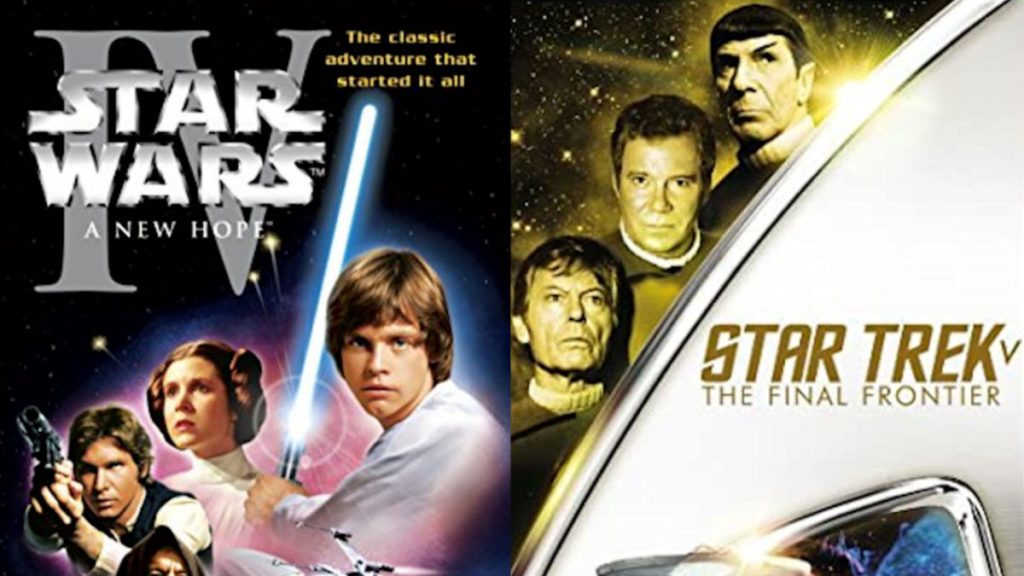On 15th May, I gave a presentation to the International Association of Jungian Studies on the Ukraine conflict. The recording does not include the discussion amongst participants, nor the multimedia (which were removed for copyright reasons). Nevertheless, the presentational part of the session is available at youtube:
Category Archives: Culture
BAPT 2022 Conference Trailer
I will be presenting at the British Association of Psychological Type (BAPT) 2022 conference on 8th April 2022 at 2pm (BST). This video is a short trailer in the BAPT youtube channel. The title of the session is ‘What exactly is normality anyway?’
Connecting to the unconscious through film
Star Wars IV vs Star Trek V

I will be giving an online session for the Kent Psychotherapy Network (KPN), on 29th January 2022, 10:30am to noon GMT. It is open to anyone for £10 (KPN’s fee) and will not be recorded, due to using copyrighted material (under ‘fair use’ rules).
Continue readingNew book comparing Myers-Briggs typology and Jungian theory
![]() I’m pleased to announce that Routledge have started production of my book, which will be released on November 12th, 2018. The book is a re-examination of Psychological Types, in view of Jung’s complaints that most readers misunderstood it. There has been a significant divergence between the central message of Psychological Types and its popular interpretation.
I’m pleased to announce that Routledge have started production of my book, which will be released on November 12th, 2018. The book is a re-examination of Psychological Types, in view of Jung’s complaints that most readers misunderstood it. There has been a significant divergence between the central message of Psychological Types and its popular interpretation.
The book is going to be controversial, both for users of Myers-Briggs typology and Jungian theory, though for different reasons. It challenges many of the assumptions that have long been held by users of the Myers-Briggs Type Indicator® and similar instruments. To communicate Jung’s ideas clearly, it simplifies them.
The list price of the book is £26.99 but there is a discount code you can use to reduce the price of advance orders by 20% to £21.59. You can find more details of the book, and how to order your advance copy with the discount, below.
Continue reading

EU Referendum: making sense of the hyperbole
One of the biggest disappointments in the UK’s EU referendum is the quality of debate. In normal elections, each party produces detailed manifestos that can be compared. This poll is the most important for a generation, yet there is nothing equating to a manifesto (on either side).
There is a lot of information being provided to the electorate, but the bulk is hyperbole. Many people recognise this, with 48% (and 43%) of people thinking the Remain (and Leave) campaigns’ arguments are unrealistic. The difference in numbers doesn’t matter. They both point to a lack of realism in the arguments on both sides. And that assessment is now official, as a parliamentary committee has criticised leaders of Remain and Leave for making exaggerated and unrealistic claims.
These stats perhaps point to another disappointment. Despite the obvious lack of realism they suggest that many people (52% and 57%) think the arguments are reasonable. Or perhaps, even worse, they have decided to vote without thinking about the issues. Given the importance of the debate, not only to the UK but also to the EU and the rest of the world, it deserves better information and deeper consideration.
In this blog, I’ll outline a process to make sense of the hyperbole and arrive at a decision. At the end, I’ll describe how the process is informing my personal decision.
